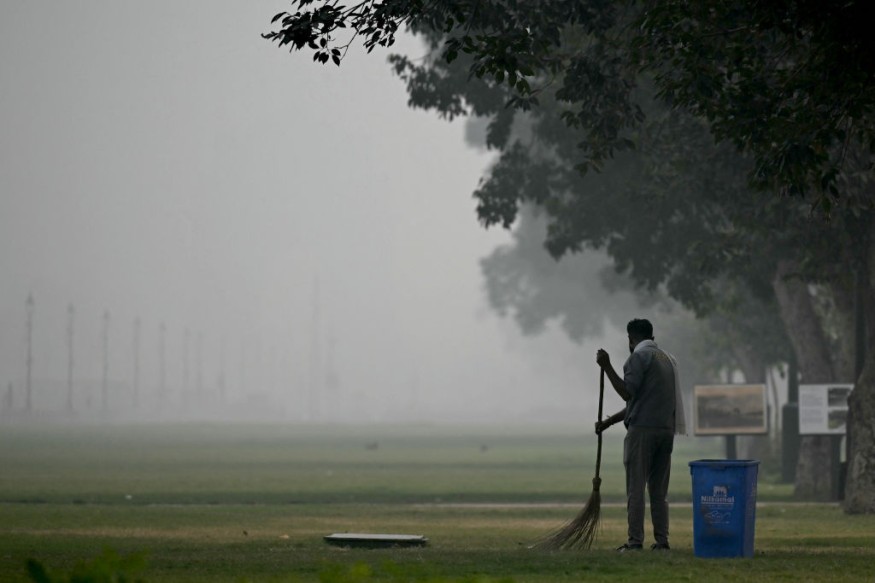
In response to dangerously high air pollution levels, New Delhi has announced the closure of all primary schools, with classes moving online until further notice.
This decision, made late Thursday, comes as the Indian capital battles a thick, acrid smog that blankets the city each winter, endangering the health of its over 30 million residents.
Delhi Shuts Primary Schools as Smog Levels Exceed WHO Safety Limits by 50 Times
The air quality crisis has been fueled by a combination of factors, including crop stubble burning by farmers, vehicle emissions, industrial pollution, and cooler temperatures that trap harmful particles.
According to Phys, levels of PM2.5, microscopic pollutants that can enter the bloodstream and cause severe health issues, were measured at over 50 times the World Health Organization's recommended safe limit earlier this week.
Chief Minister Atishi Marlena Singh confirmed the school closures via social media, citing the need to protect children from hazardous air conditions. Residents across the city have reported irritation in their eyes and difficulty breathing, as the smog continues to worsen.
As per air quality monitoring group IQAir, New Delhi's pollution levels on Thursday reached hazardous levels, with PM10 levels exceeding ten times the daily safe threshold.
This seasonal smog crisis is a recurring problem for New Delhi, where efforts to combat pollution have yielded limited success. Authorities have implemented measures such as spraying roads with dust suppressants, restricting construction activities, and banning diesel-powered trucks, but critics argue these are inadequate solutions.
Earlier this month, drones were introduced to spray water mist over pollution hotspots, but the initiative has been dismissed by many as a temporary fix to a long-term issue.
India's Supreme Court Declares Clean Air a Right Amid Rising Pollution Deaths
The Supreme Court of India recently declared clean air a fundamental human right and urged state and central governments to take decisive action. However, political disagreements and the fear of alienating powerful farming groups have hindered more aggressive measures, the BBC said.
A study by The Lancet revealed that air pollution caused 1.67 million premature deaths in India in 2019, highlighting the severe health implications of the ongoing crisis. Children are particularly vulnerable, as prolonged exposure to fine particulate matter can affect their lung development and overall health.
New Delhi's smog is part of a larger regional issue. Satellite imagery shared by NASA shows the pollution extending into northern India and parts of Pakistan, where similar school closures have been implemented. While authorities expect air quality to improve in the coming days, levels will likely remain unhealthy for weeks, leaving residents to endure the annual public health emergency.
For now, the focus remains on protecting the city's youngest citizens as the fight for cleaner air continues.
© 2025 NatureWorldNews.com All rights reserved. Do not reproduce without permission.






